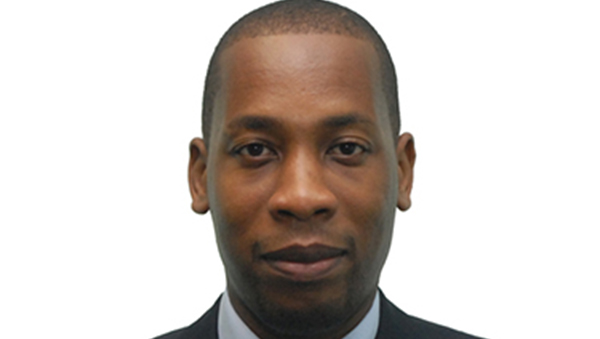ST. GEORGE’S, Grenada, May 30, 2018 (CMC) – The Governor of the Eastern Caribbean Central Bank (ECCB), Timothy Antoine, said, today, that a debt and fiscal resilience framework, as well as a contingency debt instruments for loans, should become mandatory for all Caribbean countries, as part of resilience measures, following natural disasters.
Addressing a seminar on “Building Resilience Cities”, as part the 48th annual board of governors meeting of the Caribbean Development Bank (CDB), Antoine said he has already held discussions with credit and donor representatives, with the goal of creating a standstill on loans, following natural disasters.
“What we are proposing is a standard treatment for all small states, as part of building debt resilience and, at the same time, enforcing fiscal resilience, through national laws,” Antoine told the seminar, attended by regional and international creditors and donors.
Drawing from his own experience following the passage of Hurricane Ivan, which devastated Grenada in 2004, Antoine said that renegotiating a loan should not be done, in the immediate aftermath of a disaster.
“This is the worst time to re-negotiate any debt, and that is why we are advocating for contingent debt instruments for loans and it should be something for all,” he said, while explaining that fiscal resilience will require changes to national laws.
“It’s time for people to stop thinking, if hurricanes will come, because they will come and, because they will come, we have to prepare, we have to create a buffer for when hazards comes,” said Antoine, as he called for policy- and decision-makers to recognise the need to invest in communities as part of resilience measures and, at the same time, pay more attention to financial risk, through insurance companies.
Using the opportunity to promote the idea that psychosocial needs of citizens should be integral to building resilience cities, Antoine said that there is evidence to show that increase mental health issues in recent times is becoming more and more a matter of a deep link to natural hazards.
“Right now, we have the people of Dominica worried if they will be able to face the upcoming hurricane season,” Antoine said, as he reminded the delegates of the devastation, caused by Hurricane Maria when it swept through the Lesser Antilles, last September.
 Pride News Canada's Leader In African Canadian & Caribbean News, Views & Lifestyle
Pride News Canada's Leader In African Canadian & Caribbean News, Views & Lifestyle





